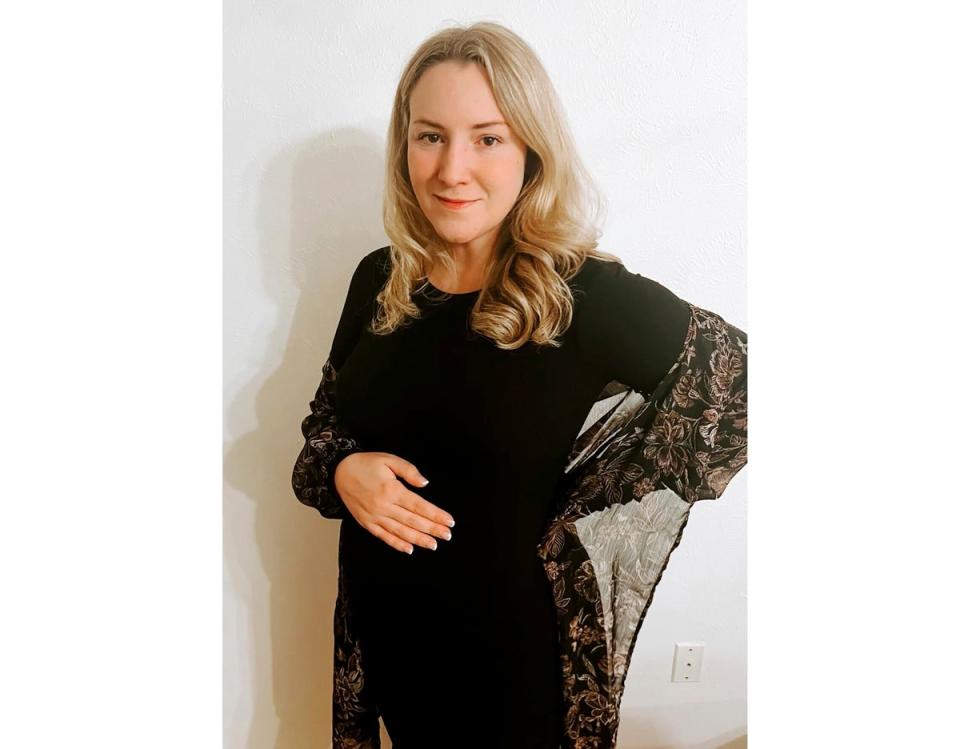Texas woman seeks emergency abortion out of state after Supreme Court block

After a turbulent week for a woman in Texas with an unviable pregnancy who is challenging state abortion laws, she decided to seek out-of-state care, according to her attorneys.
A Texas judge granted Kate Cox a temporary restraining order last week, authorising her to seek an emergency abortion. However, not long after her victory, the state’s Supreme Court temporarily blocked the ruling after Texas Attorney General Ken Paxton intervened.
“This past week of legal limbo has been hellish for Kate,” said Nancy Northup, president and CEO at the Center for Reproductive Rights. “Her health is on the line. She’s been in and out of the emergency room and she couldn’t wait any longer. This is why judges and politicians should not be making healthcare decisions for pregnant people—they are not doctors.”
Ms Northrup continued: “She desperately wanted to be able to get care where she lives and recover at home surrounded by family. While Kate had the ability to leave the state, most people do not, and a situation like this could be a death sentence.”
Ms Cox’s baby was diagnosed with full trisomy 18, a lethal condition, the group wrote.
Ms Duane told the judge last week that her client had been to the emergency room four times in the past month due to severe complications.
The judge fought through tears when she decided in favour of Ms Cox.

“The idea that Ms Cox wants desperately to be a parent and that this law might cause her to lose that ability is shocking and would be a genuine miscarriage of justice,” Judge Maya Guerra Gamble said on Thursday.
Ms Cox and her husband have two children and were hoping for a third, Ms Duane said. She “may not be able to have more children in the future” if she doesn’t get an abortion, the lawyer explained, given Ms Cox’s history of having two C-sections.
Mr Paxton sent a lengthy letter to three hospitals, where Ms Cox’s doctor holds privileges, threatening legal action if they allowed the abortion to proceed.
“Judge Guerra Gamble is not medically qualified to make this determination and it should not be relied upon. A [temporary restraining order] is no substitute for medical judgment,” the state’s attorney general wrote.

 Yahoo News
Yahoo News 
